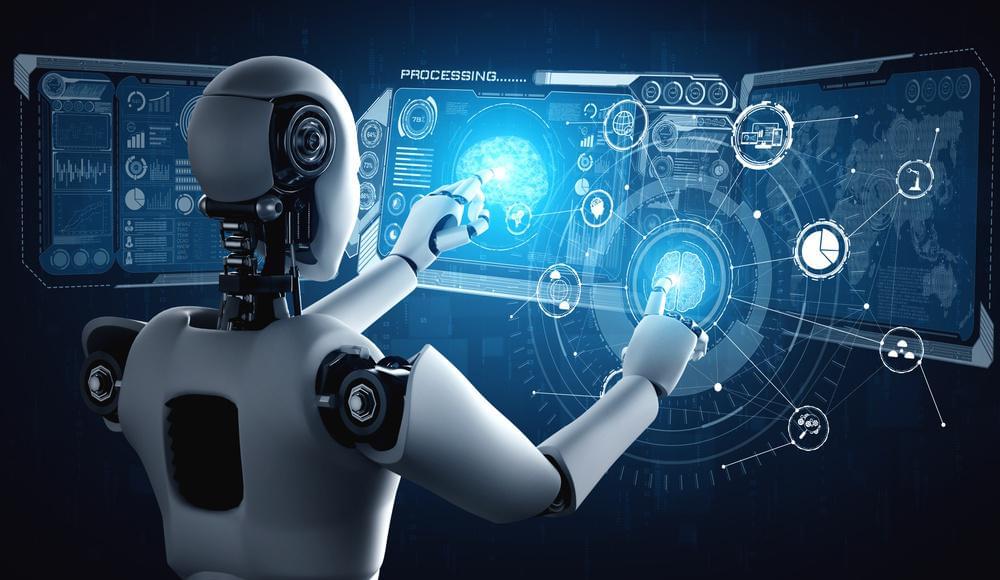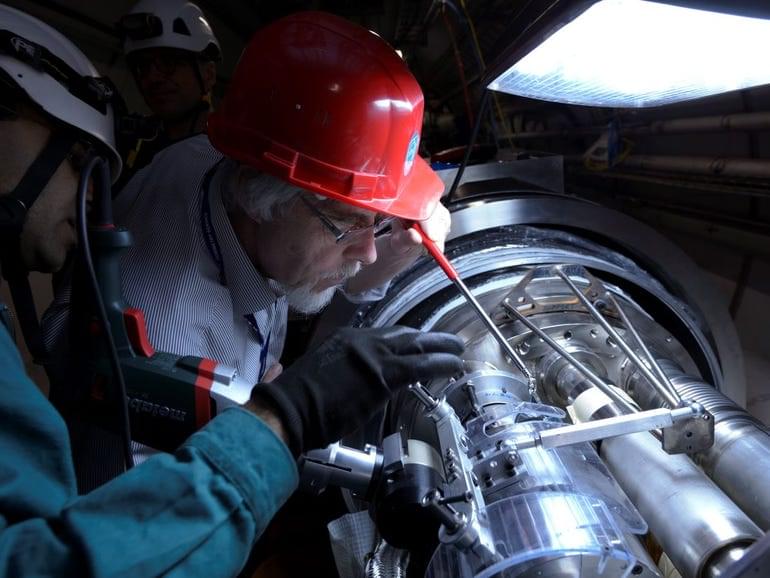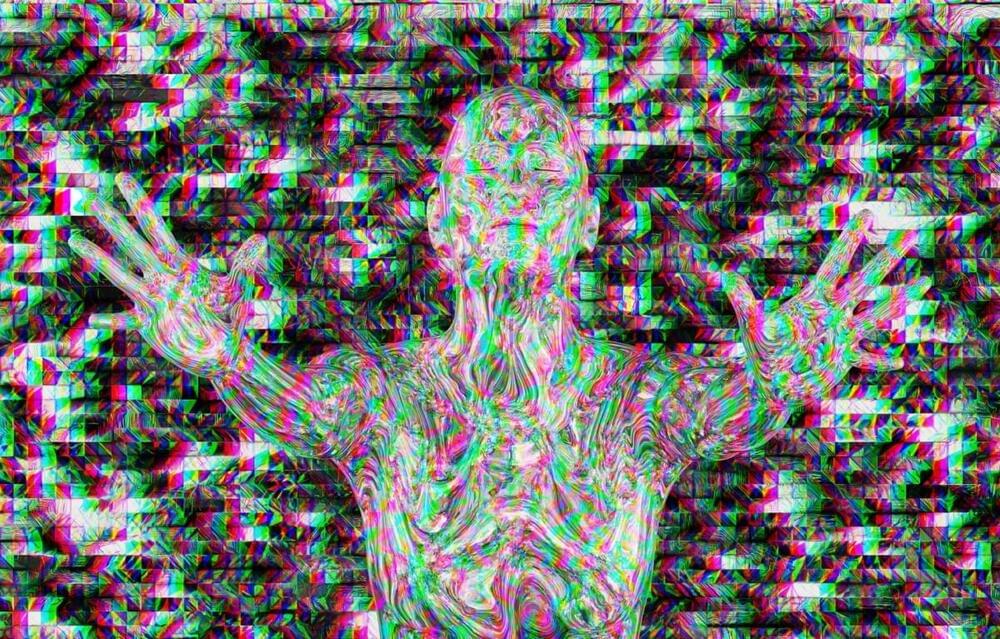Decision-making has mostly revolved around learning from mistakes and making gradual, steady improvements. For several centuries, evolutionary experience has served humans well when it comes to decision-making. So, it is safe to say that most decisions human beings make are based on trial and error. Additionally, humans rely heavily on data to make key decisions. Larger the amount of high-integrity data available, the more balanced and rational their decisions will be. However, in the age of big data analytics, businesses and governments around the world are reluctant to use basic human instinct and know-how to make major decisions. Statistically, a large percentage of companies globally use big data for the purpose. Therefore, the application of AI in decision-making is an idea that is being adopted more and more today than in the past.
However, there are several debatable aspects of using AI in decision-making. Firstly, are *all* the decisions made with inputs from AI algorithms correct? And does the involvement of AI in decision-making cause avoidable problems? Read on to find out: involvement of AI in decision-making simplifies the process of making strategies for businesses and governments around the world. However, AI has had its fair share of missteps on several occasions.








